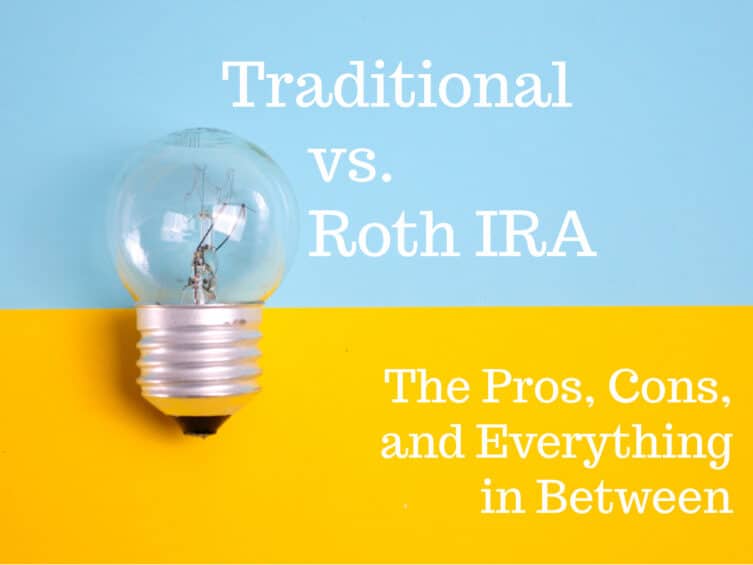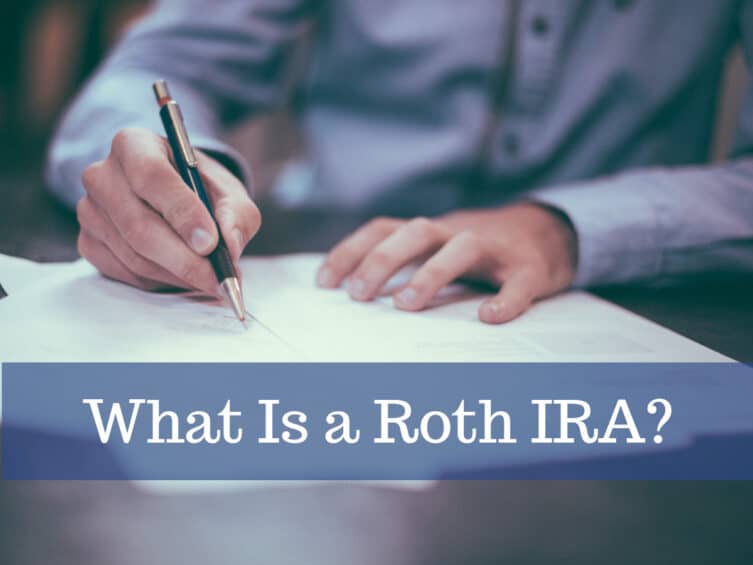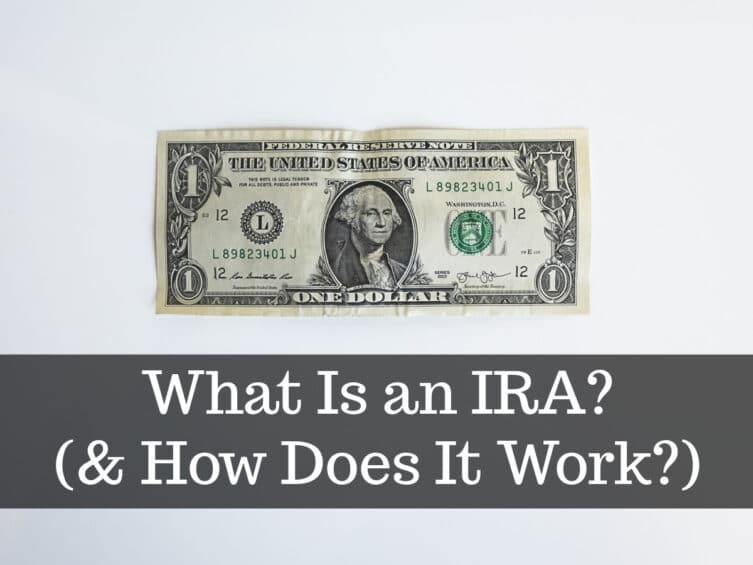Read on to learn the advantages and disadvantages of traditional vs. Roth IRA to make the right decision for your retirement.
Planning for one’s retirement is one of the best ways to make sure that you’ll have the means to support yourself and your family when you no longer have a paycheck. And the earlier you start planning, the more prepared you’re going to be.
One of the most important things to know about retirement planning is the difference between traditional vs Roth IRAs. By choosing the right kind of IRA, you could potentially end up saving yourself thousands of dollars.
If you’re interested in learning more about IRAs, then continue reading and we’ll take you through everything you’ll want to know! Read More










